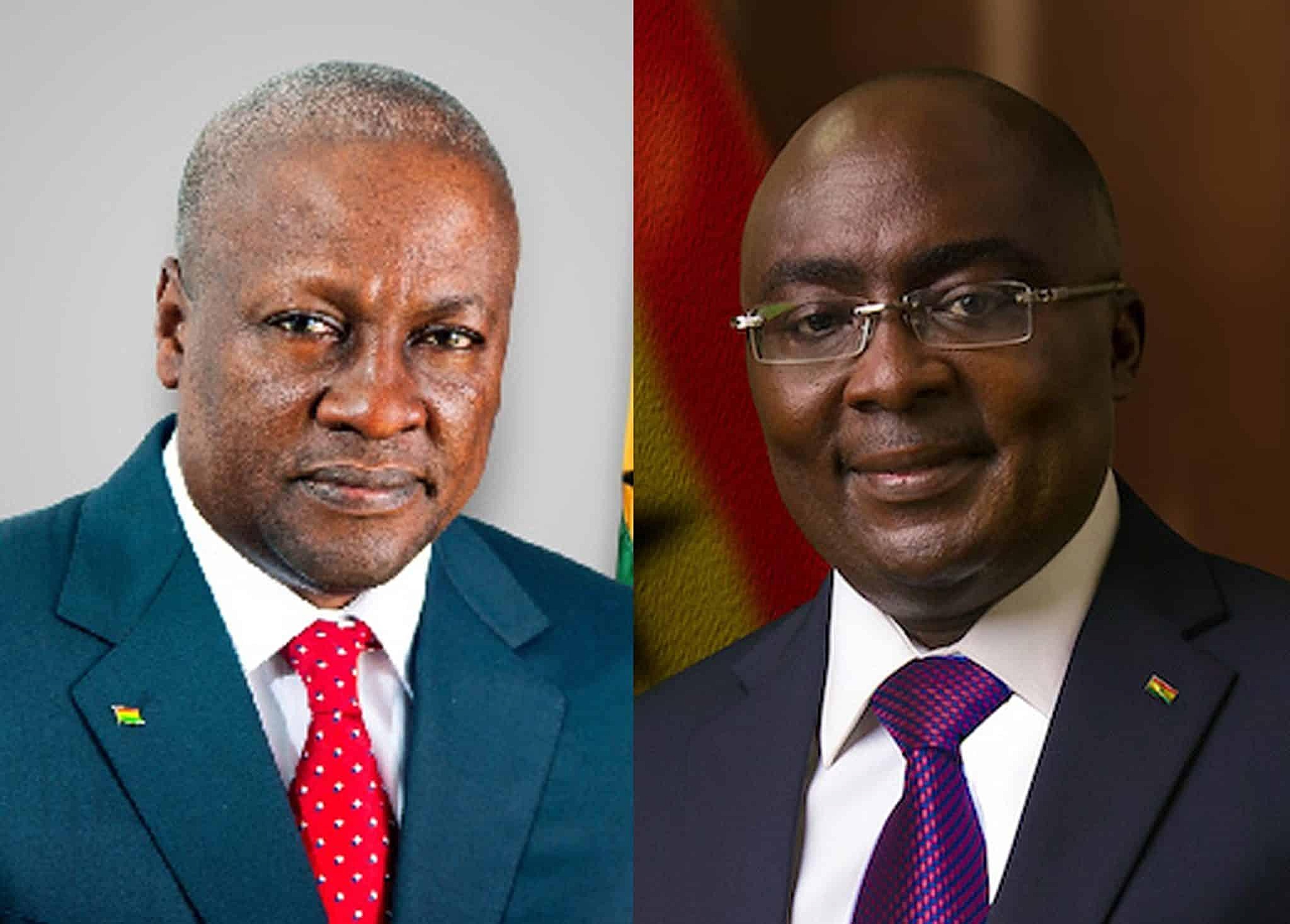In celebration of Nigeria’s 64th Independence anniversary, President Bola Tinubu is expected to unveil new economic policies aimed at easing the challenges faced by businesses and individuals. Analysts suggest that instead of imposing more restrictions on private enterprises, the federal government should provide fiscal incentives to offset rising production costs and tax burdens.
Finance Minister and Coordinating Minister of the Economy, Mr. Wale Edun, recently hinted at plans to grant tax breaks to companies that hire more employees and suspend import duties on specific goods to curb inflation. These measures, as part of the forthcoming Inflation Reduction Act, aim to reduce the cost of production for businesses impacted by exchange rate weaknesses and other government policies.
As Nigerians eagerly await the Inflation Reduction Act, it is crucial to fortify the economy to withstand the current unfavorable climate. The high cost of production has forced many companies to either shut down or reduce their operations, leading to job losses. Tax relief is being considered for 95% of businesses in Nigeria’s informal sector to support their growth and ensure they have the capacity to pay taxes.
The federal government intends to target the remaining 5% of the informal sector, as well as the middle class and elite, with new tax reforms. The aim is to create legislation that will endure beyond the current administration and implement changes to the country’s tax system effectively.
While the government’s efforts to increase taxation have resulted in higher corporate tax revenues, local businesses continue to struggle with economic shocks. Tax incentives play a crucial role in encouraging specific economic activities and attracting domestic and foreign investment. Developing countries like Nigeria often leverage tax incentives to stimulate investment, exports, job creation, and alleviate unemployment.
However, infrastructure deficiencies remain a significant obstacle to businesses operating in Nigeria. Insufficient power supply, unreliable transportation networks, and underdeveloped communication systems increase operational costs and hinder productivity. Additionally, navigating the complex tax system and unpredictable changes in tax policies can erode profitability and deter potential investors.
As Nigeria marks its independence anniversary, economic analysts see this as an opportune moment for the government to prioritize the well-being of its citizens and create a business-friendly environment. The removal of factors hindering farmers from their fields is crucial for achieving food self-sufficiency and reducing the rising cost of living, which has led to frustration among the populace.
In August 2024, the headline inflation rate slightly decreased to 32.15%, indicating a positive trend. If pursued with sincerity and vigor, the government’s policies can bring down the nation’s inflation rate and improve the quality of life for Nigerians in the near future, making it a fitting gift for the independence anniversary.
Discover more from Tension News
Subscribe to get the latest posts sent to your email.

